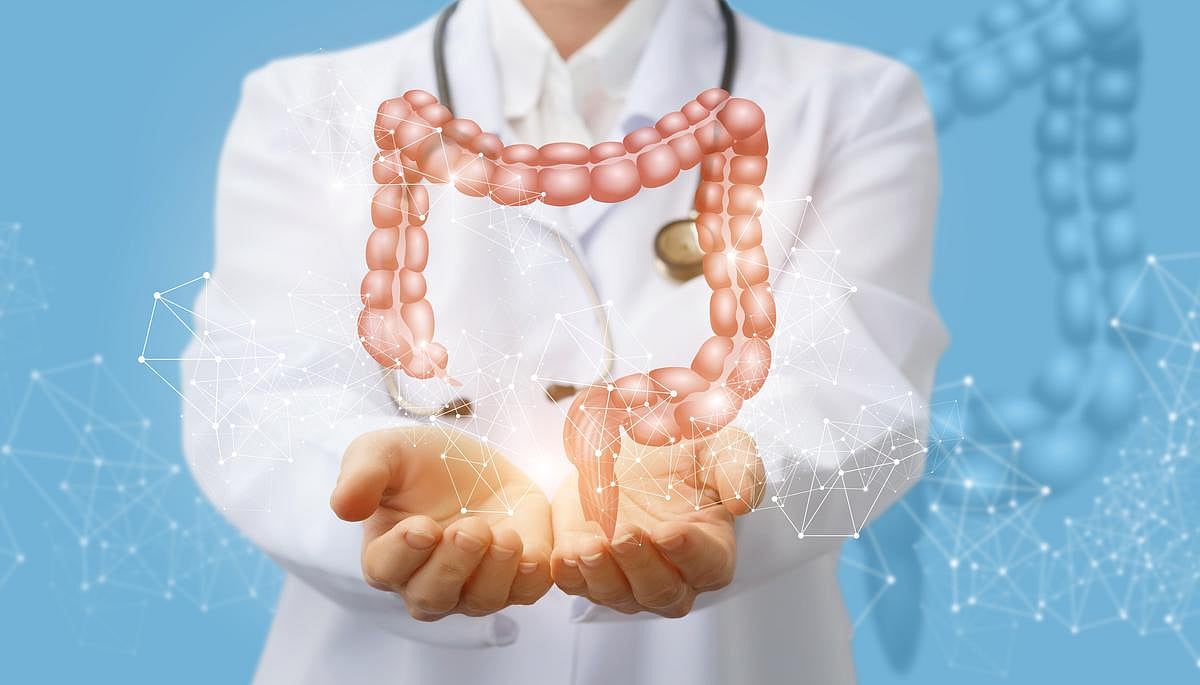Manténgase sano!

- Dennis Thompson
- Posted December 10, 2024
Ultra-processed Foods May Raise Colon Cancer Risk
Fatty, salty and sugary ultra-processed foods could be increasing people’s risk of colon cancer by spurring chronic inflammation in the gut.
In a new study, colon tumors taken from people with poor diets had higher levels of pro-inflammatory biochemicals, as well as lower levels of substances that reduce inflammation and promote healing, researchers reported Dec. 10 in the journal Gut.
“It is well known that patients with unhealthy diets have increased inflammation in their bodies,” said researcher Dr. Timothy Yeatman, a professor of surgery in the University of South Florida's College of Medicine.
“We now see this inflammation in the colon tumors themselves, and cancer is like a chronic wound that won’t heal,” Yeatman added in a university release. “If your body is living off of daily ultra-processed foods, its ability to heal that wound decreases due to the inflammation and suppression of the immune system that ultimately allows the cancer to grow.”
Ultra-processed foods are foods that have been created by using industrial methods to pump them full of fats, starches, sugars, salts and unhealthy hydrogenated oils. These additives help the products last longer on the shelf, and add taste and flavor.
Examples of ultra-processed foods include fast food, ice cream, deli meat, hot dogs, snack chips, breakfast cereals, fizzy drinks, frozen dinners, and packaged soups, researchers said.
Ultra-processed foods have been linked to an increased risk of heart disease, obesity and type 2 diabetes, according to the Cleveland Clinic.
For this study, researchers analyzed 162 colon cancer samples taken from patients treated at Tampa General Hospital in Florida.
Results showed that diet can influence levels of body chemicals that either fight or promote colon cancer.
For example, healthy unprocessed foods like crab, salmon, halibut, spinach, brussels sprouts and lean cuts of meat tended to increase levels of chemicals that suppress inflammation, researchers said.
“Our bodies are designed to actively resolve inflammation through bioactive lipid [fat] compounds derived from the healthy fats, like avocados, that we consume,” explained researcher Ganesh Halade, an associate professor in the University of South Florida Health Heart Institute.
“Bioactive lipids are very small molecules derived from the foods that we eat and, if the molecules are coming from processed food products, they directly imbalance the immune system and drive chronic inflammation,” Halade added.
These results support a new, natural approach to cancer prevention that researchers call “resolution medicine.”
“A human’s immune system can be extremely powerful and drastically impact the tumor microenvironment, which is great if harnessed correctly for health and wellness,” Yeatman said. “But not if it’s suppressed by inflammatory lipids from processed foods.”
Resolution medicine promotes diets rich in healthy, unprocessed foods, along with physical activity and good sleep, researchers said.
“This has the potential to revolutionize cancer treatment, moving beyond drugs to harness natural healing processes,” Yeatman said. “It’s a vital step toward addressing chronic inflammation and preventing diseases before they start.”
More information
The Cleveland Clinic has more on ultra-processed foods.
SOURCE: University of South Florida, news release, Dec. 10, 2024






